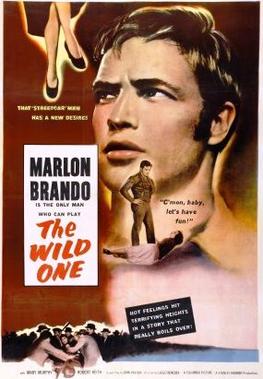Even if the tragedy happened in Japan it is having an effect on the world. The government estimates that they have lost about $100 billion which is relatively a lot but it is still hopefully not enough to wreck as rich country as Japan. Japan is being pushed into recession and because it is the third-biggest economy in the world there is no way that the impact will not be felt all over the world.
Some of the Asian countries are already having a problem with disruptions to electricity supply. Nuclear power, which gives one third of states' electricity, is still totally down. As soon as many Japan's neighbors were relying on this country there is going to be a big problem. Also after this disaster USA, Germany and China started to have second thoughts about building new reactors or extending plants. In these three countries there are debates about nuclear power because it is a very good but also risky way to produce energy. They are hesitating about safety of these constructions.
After the Tsunami there was a lot of damage caused by fires, explosions even dangerous releases of radiation, which in worst scenario might have an impact on public health of Japan and countries nearby.
Some of the Asian countries are already having a problem with disruptions to electricity supply. Nuclear power, which gives one third of states' electricity, is still totally down. As soon as many Japan's neighbors were relying on this country there is going to be a big problem. Also after this disaster USA, Germany and China started to have second thoughts about building new reactors or extending plants. In these three countries there are debates about nuclear power because it is a very good but also risky way to produce energy. They are hesitating about safety of these constructions.
After the Tsunami there was a lot of damage caused by fires, explosions even dangerous releases of radiation, which in worst scenario might have an impact on public health of Japan and countries nearby.
So as we can see we can state that nuclear crises affect lots of countries.


